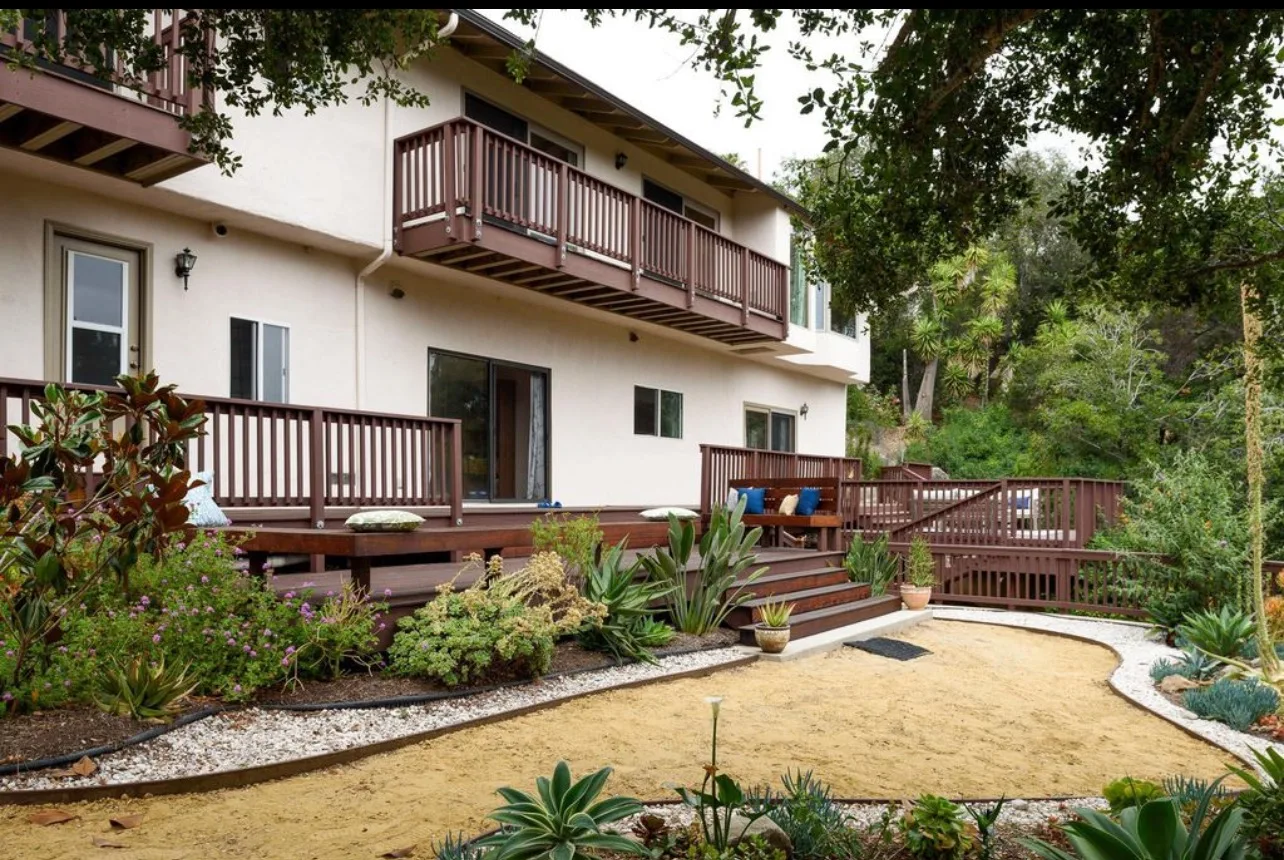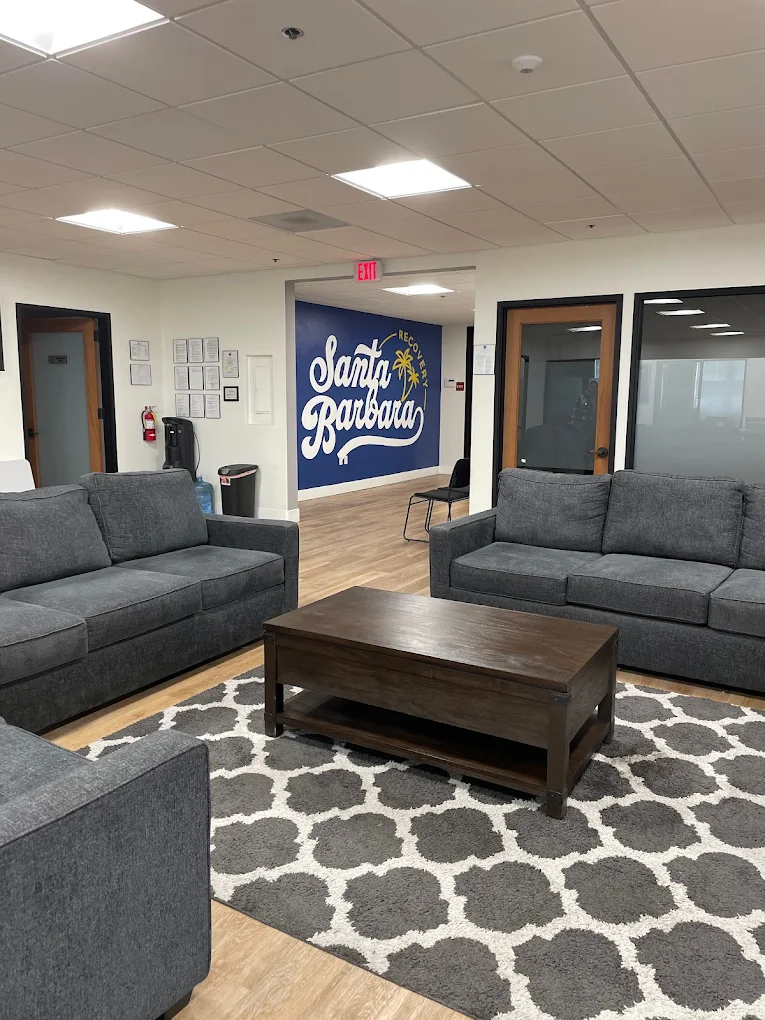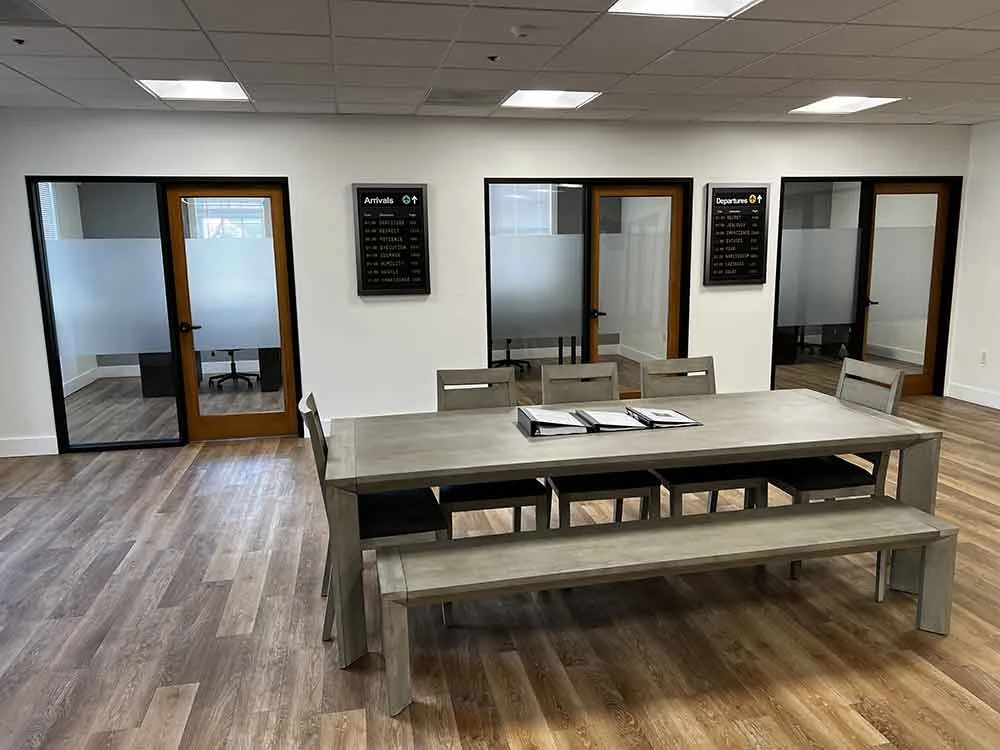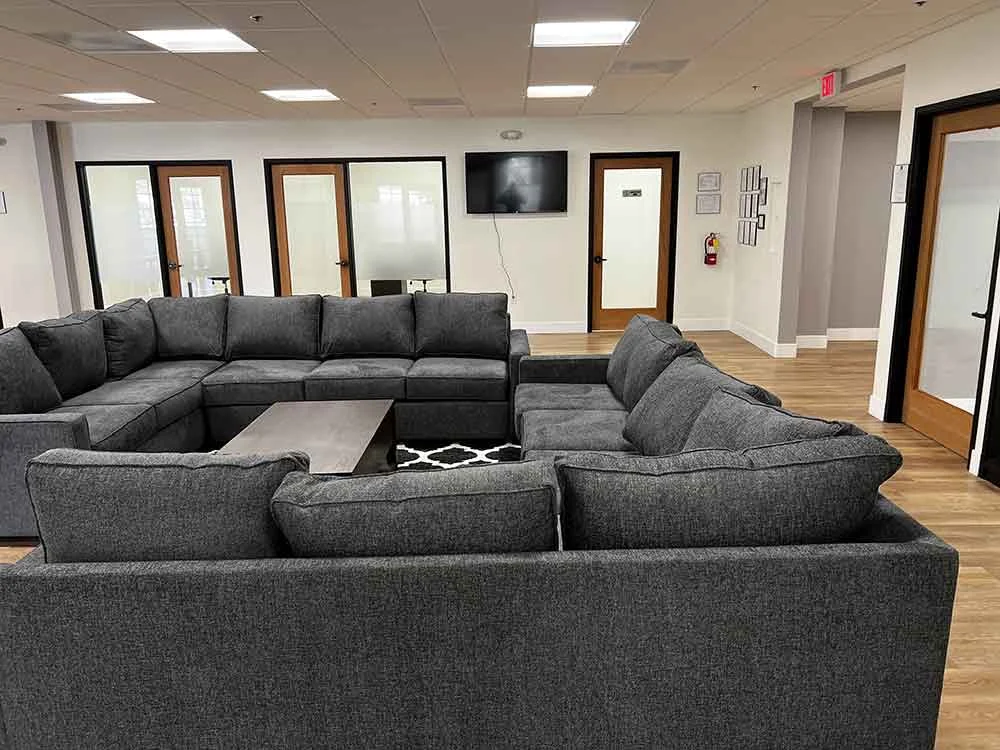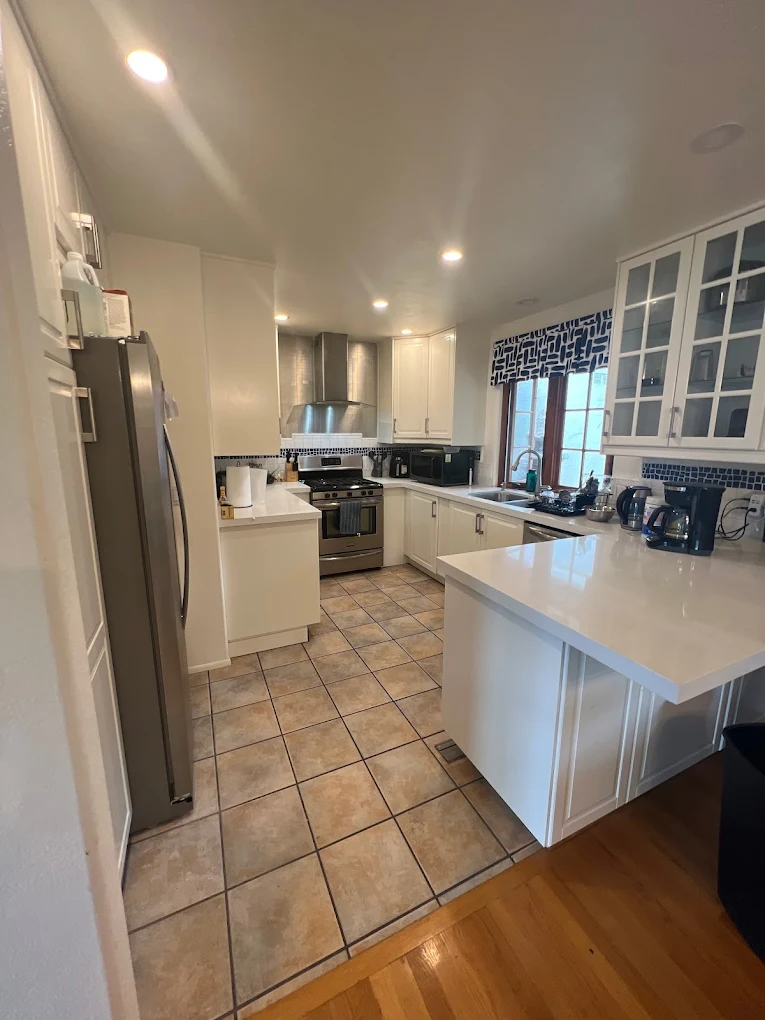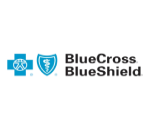Relapse prevention strategies and tools are an essential part of addiction and mental health treatment. While completing a treatment program is a major accomplishment, staying sober and maintaining progress is an ongoing challenge that requires continued effort and commitment. Here are some effective relapse prevention strategies and tools:
- Identify triggers : One of the most important steps in relapse prevention is identifying the people, places, and situations that may trigger addictive behaviors or mental health symptoms. By recognizing these triggers, individuals can develop strategies to avoid or cope with them.
- Develop healthy coping skills : Learning healthy coping skills, such as mindfulness, exercise, and stress management techniques, can help individuals manage cravings and negative emotions in a healthy way.
- Attend support groups : Support groups provide a sense of community and connection with others in recovery, as well as a safe space to discuss challenges and receive guidance and encouragement.
- Stay engaged in therapy : Ongoing therapy and counseling can provide ongoing support and guidance in maintaining progress and addressing underlying issues that may contribute to addictive behaviors or mental health symptoms.
- Create a relapse prevention plan : A relapse prevention plan outlines strategies and tools to help individuals manage triggers and cravings, as well as a plan of action in the event of a relapse.
- Avoid high-risk situations : Individuals in recovery may need to avoid certain situations that may increase the risk of relapse, such as parties or social events where alcohol or drugs are present.
- Practice self-care : Engaging in self-care activities, such as getting enough sleep, eating a healthy diet, and engaging in enjoyable hobbies, can help individuals maintain their overall well-being and reduce stress.
- Seek professional help : If an individual feels at risk of relapse, it is important to seek professional help immediately. This may include therapy, counseling, or medication management.
Overall, relapse prevention strategies and tools are essential in maintaining progress and avoiding a return to addictive behaviors or mental health symptoms. By identifying triggers, developing healthy coping skills, and staying engaged in therapy and support groups, individuals can maintain their progress and achieve long-term recovery.
If you or a loved one is exhibiting signs of addiction, it’s important to seek help as soon as possible. Our team at Santa Barbara Recovery is here to provide the support and guidance you need to begin your journey towards recovery. Contact us today at 866-399-3569 to learn more about our program and how we can help you achieve lasting recovery.


